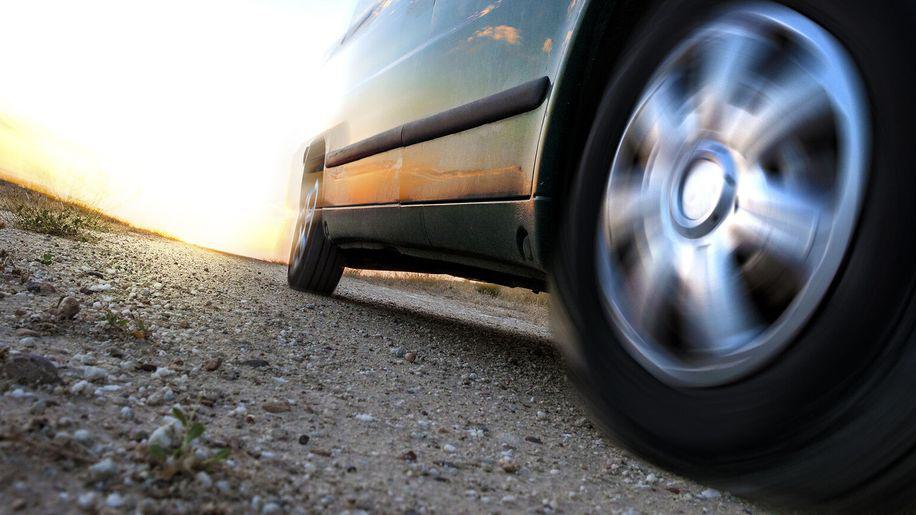What is road handling?
Handling performance refers to the way in which the vehicle/tyre responds to the many demands of the driver, such as steering, accelerating and braking. Handling is crucial both in terms of safety, for the stability of the vehicle, and driving pleasure.
Kerb, pothole, speed bump… there are several causes that can change the vehicle behavior.
When wheels are knocked out of alignment, you may sense a lack of steering responsiveness, feel more vibrations, or the car may pull to the side, for example.
Whatever the reason, the good news is that it is fixable. Professional wheel alignment services or wheel balancing services can fix this.
Why tyres have a major role in a vehicle handling?
As far as the driver is concerned, road handling is above all measured by the extent to which the vehicle responds to the driver's actions. Everything should run smoothly, consistently and without any surprises.
For car manufacturers, road handling is one of the major aspects of performance. Linked as it is to safety and driving pleasure, performance in this area is a deciding factor for tyre approval. Indeed, it is one of the performances most commented on by professionals (opinion leaders and at press events), as well as by drivers.
Handling development is particularly complex as it depends on a range of factors at three different levels, namely:
• the vehicle (geometry and weight distribution),
• the elements involved in ground/vehicle contact (tyres, steering and suspension),
• the driving assistance systems (stability control and the steering axle).
The tyre plays a key role in road holding because at the end of the chain it ensures the transmission of the efforts between the vehicle and the ground to maintain the trajectory defined by the driver.
The handling performance of tyres is assessed through a number of tests (both objective and subjective, on dry ground, wet ground and on machines).
Road handling is mostly repairable by doing a geometry. But in case of a big impact, the mechanical parts of the vehicle can be affected and damaged.
Why wheel alignment is key for your safety?
If your vehicle's suspension geometry is incorrect, its handling may be altered, and your safety compromised. You may notice uneven wear on your tyres.
It's important to ensure correct alignment to get the best road handling, to protect your tyres from irregular and/or rapid tyre wear and to save fuel.
What about wheel balancing?
A well-balanced tyre, with an even distribution of weight, rotates on its axle without causing any vibrations. For perfect balancing, weights are placed at certain points around the rim.
This can only be carried out by specialists, as it requires specific measuring equipment. Well-balanced tyres make for more comfortable driving, longer tyre life and less premature mechanical wear. Find out more on wheel balancing.
How can you find a wheel alignment and wheel balancing specialist near you?
There are several ways to search for 'wheel balancing near me' and find a professional garage. Having your tyres realigned will help improve the tyre handling. Use our dealer locator tool.




